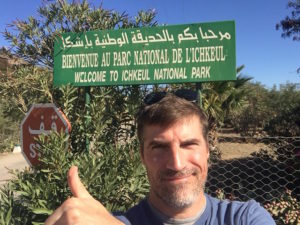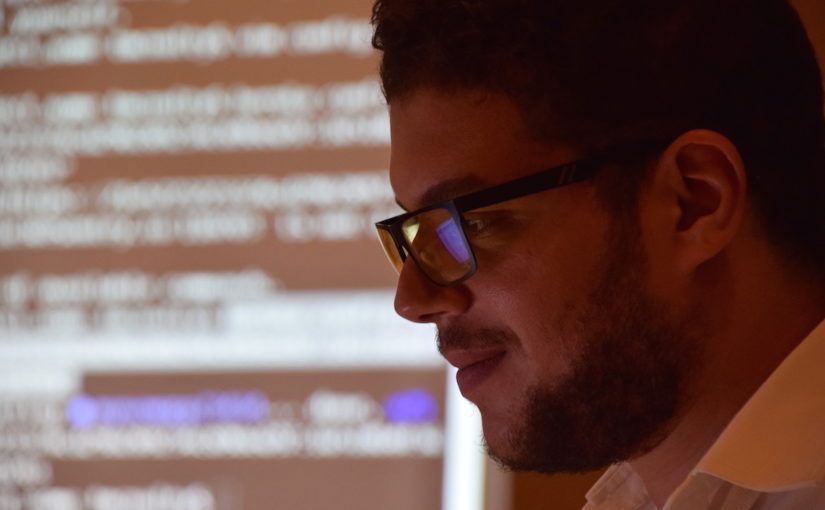Earlier on this blog I briefly mentioned working with some Libyans in Tunis, the capital of Tunisia. We chose to meet at that location because it’s close to Libya but much safer than Tripoli. Now that I’ve been back for a while and had a chance to catch up, I wanted to write more about my experience.
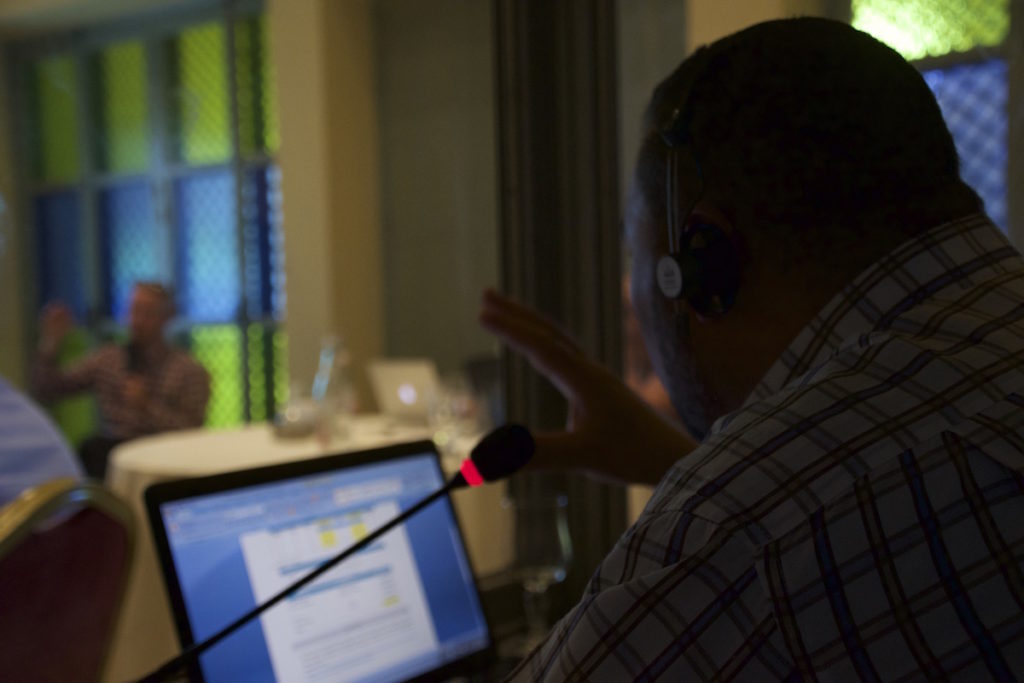
I was there with Tobias McNulty of Caktus Group. We (Tobias and I) trained the Libyan employees of Libya’s High National Election Commission (HNEC) in the maintenance and use of the HNEC-commissioned SMS-based voter registration system that I had helped to develop while working with Caktus. The system has been open sourced as Smart Elect.
If the big picture was promoting democracy, the medium picture was training system admins and developers. And the very small picture was working together on the nitty gritty of features and bug fixes, like figuring out that if a @property method raises an exception when invoked by hasattr(), the exception isn’t propagated under Python 2.7.
The admin training consisted of a comprehensive review of the system, including the obscure corners and edge case handling. The developers were eager to get their hands dirty, so after some organizational review, we dove into fixing bugs and implementing some new features that HNEC wanted.
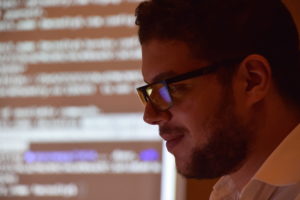
Tobias and I worked with the developers as both mentors and peers. Grinding through bugs from start to finish was really valuable. Our trainees have good development experience, but working in groups with us allowed them to participate in our approach to debugging, problem reporting, development, and test. It seemed a little different from what they were used to. We were very methodical about creating an issue in our tracker, creating a branch for that issue, reviewing one another’s code, documenting the fix, etc. “It’s a lot of process,” said one trainee after working through one particular bug with us. He’s right. I wish I had thought to ask if Libyan culture has a proverb similar to “For want of a nail…“. I could have said, “For want of filing an issue in the tracker, a voter was disenfranchised,” but it doesn’t have the same ring to it.
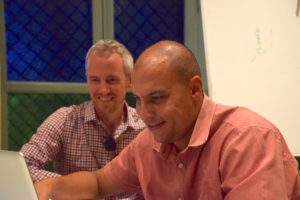
This was my first trip to Africa, and, grand notions aside, what stood out to me was how mundane much of the experience was. The guys we worked with would have fit right in at any coding meetup I’ve been to. They had opinions about laptops. They were distracted by their phones. Everyone enjoyed a successful bug hunt. I remember one trainee being tired at 5PM, saying he had no more left in him, and seeing him there grinning 2 hours later when we finally solved the problem we’d been working on.
Outside of the training, I especially enjoyed the dinners at Sakura/Pasta Cosy and Chez Zina (my favorites, in that order).
We also ate at Le Bon Vieux Temps, where the handwritten chalkboard menu is carted from table to table on a charming-but-impractical frame. Tunisia is principally French speaking, with Arabic on an almost equal footing. At Le Bon Vieux Temps (“The Good Old Times”), the menu was all in French, and my vestigial French came in handy for translating the menu into English for the Libyans who in turn peppered the waiter with questions in Arabic. (That night in the restaurant began and ended my career as a French-to-English translator.)
On the weekends we rested, walked in the city, and paid a visit to the Bardo National Museum. The Bardo was famously attacked in 2015, and has since sprouted a razor wire fence around the entire property. Bored soldiers sat on a truck by the gate and motioned us to enter. It’s a nice museum, and I’m glad I went.
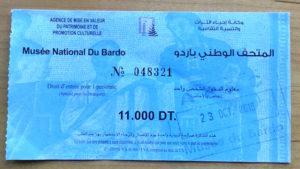
Inside the classroom and out, I got to know and really like our Libyan colleagues. They were generous with their good humor and kindness. If they lacked anything, it was a willingness to complain.
Libya is a difficult place to live at the moment. I think we all know that in an abstract sense, but talking to my Libyan friends made it more concrete for me. Banks don’t have enough cash. Electricity isn’t reliable. People they know have been kidnapped. My friends have a lot on their minds, and yet they found rooom to squeeze in opinions about good software development practices.
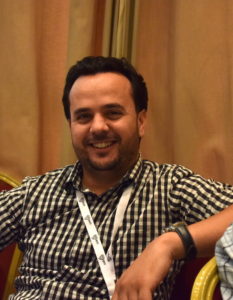
I’m glad I got the chance to go, and to get to know the people I did. In addition to working with Tobias and the Libyans, I had a lot of non-work experiences I’ll remember for a long time. I walked among ruins in Carthage that are over 2000 years old. I drove solo (and lost) through rush hour traffic in Tunis and survived. I saw a Tunisian wedding, and got to use the word “ululating” for the first time outside of Scrabble or Bananagrams. I swam in the Mediterranean. I saw flocks of flamingoes (many, many thanks to Hichem and Claudia of Les Amis des Oiseaux).
HNEC is now better positioned than ever to use the Smart Elect system, and I hope they do so again soon. That’s partly for egotistical reasons — I like to see my work get used. Who doesn’t? But more importantly, if it gets used, that means Libyans are voting to determine their own future.
